Can You Legally Claim Personal Expenses as Business Expenses?
As an accounting firm, we often get asked about the rules and regulations surrounding claiming personal expenses as business expenses. This is a tricky area of tax law, and it’s important to understand the guidelines in order to avoid any potential issues with the IRS.
First and foremost, it’s important to understand that the IRS views personal expenses as those that are not directly related to the operation of a business. This means that expenses such as rent, utilities, and groceries are generally not considered business expenses. However, there are certain circumstances where these expenses can be considered business expenses, such as if you are using a portion of your home as a dedicated office space.
One common area of confusion for business owners is the use of a personal vehicle for business purposes. If you are using your personal vehicle for business travel, you may be able to claim a portion of the costs as a business expense. The IRS allows for two methods of calculating this expense: the standard mileage rate or the actual expense method.
Beginning on January 1, 2023, the standard mileage rates for the use of a car (also vans, pickups or panel trucks) will be 65.5 cents per mile driven for business use, up 3 cents from the midyear increase setting the rate for the second half of 2022. The actual expense method involves keeping track of all expenses related to the vehicle, such as fuel, maintenance, and insurance, and claiming a portion of these expenses based on the percentage of business use.
Another area where business owners may be able to claim personal expenses as business expenses is with home office expenses. If you are using a portion of your home as a dedicated office space, you may be able to claim a portion of your rent, utilities, and other expenses as business expenses. The IRS has a simplified option for claiming these expenses, which allows you to claim $5 per square foot of your home office, up to a maximum of 300 square feet.
It’s also important to note that expenses such as meals and entertainment can be claimed as business expenses, but there are strict guidelines in place. These expenses must be directly related to the operation of the business and must be ordinary and necessary. This means that the expense must be a common and accepted expense in the industry, and it must be helpful and appropriate for the business. Additionally, you must have documentation to support the expense, such as a receipt or invoice.
In conclusion, claiming personal expenses as business expenses can be a tricky area of tax law. It’s important to understand the guidelines in order to avoid any potential issues with the IRS. However, with proper documentation and an understanding of the rules, you may be able to claim certain personal expenses as business expenses and save money on your taxes. If you have any questions or concerns about this topic, please do not hesitate to reach out to us, we would be happy to help.

